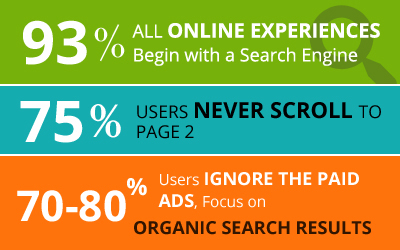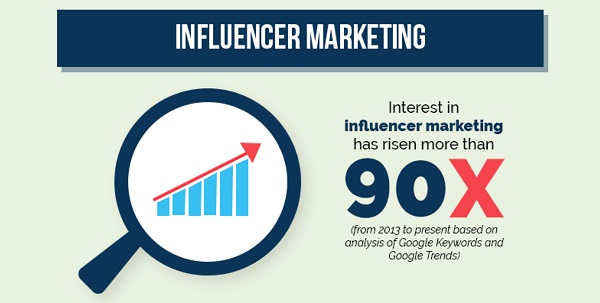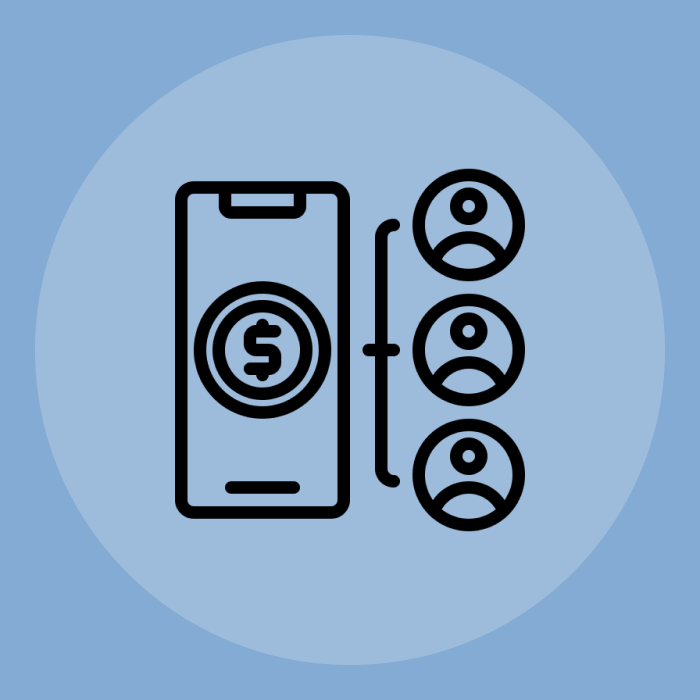TNS Experts
This post was submitted by a TNS experts. Check out our Contributor page for details about how you can share your ideas on digital marketing, SEO, social media, growth hacking and content marketing with our audience.
Understanding what has happened in the past can give us a really good indication of what to expect in the future, and teach us how we can stay ahead of the curve.
Digital marketing is a merry-go-round. It always feels like everything has gone crazy in the last few years, but really it is just one ‘next big thing’ after another. The same old stuff, repackaged.
You only need to spend 2 to 3 years in the industry before you’ll start seeing the trends. I have been working in this area pretty much since it began and whilst the environment is completely different, not much has actually changed in the last 10-15 years.
The good news is, understanding what has happened in the past can give us a really good indication of what to expect in the future, and teach us how we can stay ahead of the curve.
The Past Trends of Digital Marketing
Technically, you could go all the way back to the early 90s if you wanted, but that’s not really necessary for the purposes of this lesson. In fact, we only need to look at the last decade or so.
Check out Some past digital marketing trends here
A quick disclaimer first - I am by no means saying that the following methods are ‘dead’ and no longer worthwhile. In fact, I myself use, and fully advocate, the right mix of all of the following methods - they all still work today. But they all followed the same pattern.
Also, they didn’t necessarily appear in the following order; there will undoubtedly be examples of influencer marketing, for example, being used years before it became the big deal that it is right now.
For those ahead of the game, Search Engine Optimisation was a ridiculously powerful and absurdly easy tool for marketing a business.

For years it remained relatively easy with a small budget and tiny bit of know-how to rank in the top results for any keyword you wanted. But naturally, as herds of hungry entrepreneurs flocked to SEO, it became more expensive and more difficult to achieve results.
Paid search is a similar story. The average cost per click has steadily risen constantly since the advent of the technology - as you’d expect.
At one-time affiliate marketing was the absolute go-to for making quick money online. Affiliates could use a combination of SEO and PPC to push links that make them a quick buck.
Recommended: 5 Affiliate Marketing Tactics That Will Improve Your Sales Strategy
However, naturally, as the difficulty and cost of those two methods increased, the number of proactive affiliates waned and so did revenue for businesses.
The thunderous surge of social media encouraged thousands of businesses to waste thousands of hours on flailing attempts to keep up with something they really should have seen coming.
The direct marketing aspect of social media has really taken off in the last few years, but just as with older methods, as more businesses have jumped on the bandwagon, the effectiveness has decreased while the cost has risen.
Influencer marketing is one the latest trends and many brands have enjoyed great success from this method in the last few years.

Still today, I would argue it provides by far the greatest return on investment out of any of the common digital marketing tactics, on average.
Why did all of these methods become less effective over time?
The main trend I have alluded to so far is a simple concept:
But why does effectiveness always naturally decrease? There’s two simple answers. Firstly, a rise in competitors is always going to create a more competitive (and therefore difficult) environment. Second, as methods become more popular, consumer awareness and understanding of these methods improves.
At some point in the last 15 years, marketing theorists finally started to acknowledge that consumers are actually (believe it or not) quite clever.
Consumers have never really trusted advertising, but for a while, each of these methods have worked so effectively because they haven’t been blatantly advertising.
Search marketing worked so well because consumers were actively searching themselves, not expecting to be marketed to. However, it didn’t take long before it became very apparent that paid search results were exactly that - paid for. Equally, today more consumers understand that organic results are liable to manipulation by marketers.
Social media marketing, for a time, blended in seamlessly with organic social feeds, but consumers got wise to that, too.
Influencer marketing is so powerful because it is so close to the original and undeniably most effective marketing method - word of mouth.
However, already we are seeing the ROI of using influencers decline as people become more aware of this form of advertising. There have been recent calls for influencers to make any paid promotion as explicit as possible, using hashtags such as #sponsored or #ad.
The truth is nobody can say for sure. Personally, I believe a merger of social media marketing and influencer marketing will begin to take place, empowering individuals to recommend products to their real-life connections.
This may sound scary to marketers as it means they will struggle to keep control.
Whatever happens, the simple key will be to ensure you are selling a product or service that people will want to talk about, as this is the only sustainable way to manage a business.
You’ll also receive some of our best posts today

This post was submitted by a TNS experts. Check out our Contributor page for details about how you can share your ideas on digital marketing, SEO, social media, growth hacking and content marketing with our audience.

Mobile devices have become an integral part of our lives in this digital...
Don’t miss the new articles!